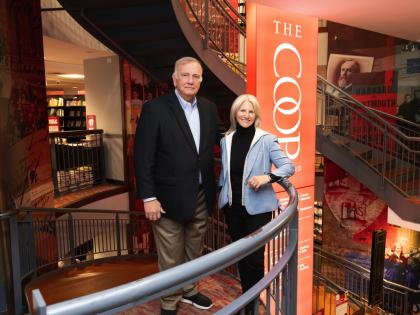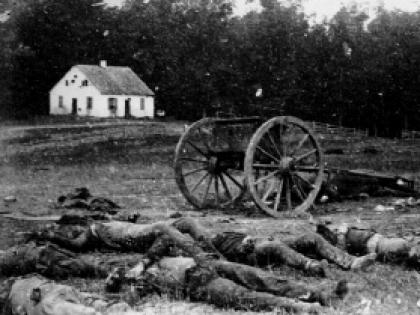Three vintage Bollywood posters brighten Durba Mitra’s basement office in Boylston Hall, each representing an archetype of the Indian woman: Mughal-e-Azam, a classic film about a Mughal courtesan’s doomed romance; Daasi, about a low-caste woman; and Dilwale Dulhania Le Jayenge, depicting “the well-behaved housewife,” Mitra says. “So I have all of these ‘types’ of women.” Indian cinema is a personal interest for Mitra, an assistant professor of women, gender, and sexuality, but it also reflects her scholarly interest in gender in South Asia. As a graduate student at Emory, she remembers, “I thought I would write a history of prostitution in modern India. But I realized that to do that, I had to ask bigger questions. Why was a person considered a prostitute? When a woman is called a prostitute, she’s often, in fact, not one.” Her first book considers, more narrowly, how prostitution is linked to ideas about social progress in modern India. Mitra views herself as “a historian, first and foremost,” and gender studies as a commitment “to foregrounding gender and sexuality as important analytical categories in many disciplines” where often “gender is seen as an aftereffect of ‘real’ politics.” Mitra saw gender from a young age, she says, perhaps the result of an upbringing that set her apart from her North Dakota peers. Her mother, an immigrant from India, raised two children alone while working and pursuing a Ph.D. “She not only pushed to be independent and intellectual, she also adhered to her own imagination of her culture. She wore a sari every day in Fargo in the ’80s,” Mitra says. “People imagine the South Asian immigrant as a person who’s constrained by family expectations. That was not my experience. My mom always wanted me to imagine different possibilities.”
Durba Mitra

Durba MitraPhotograph courtesy of Durba Mitra
You might also like
Harvard Students form Pro-Palestine Encampment
Protesters set up camp in Harvard Yard.
Harvard Coop’s Changing of the Guard
New leadership for a staple Square retailer
Artificial Intelligence in the Academy
Harvard symposium assesses the new technology.
Most popular
More to explore
Harvard Cardinal Robert W. McElroy on the Changing Catholic Church
Cardinal Robert W. McElroy on how the Catholic Church has moved towards inclusivity.
AI as Cancer Oracle?
How is artificial intelligence (AI) being used for cancer detection and prevention?
The Harvard Graduate and Early Vegetarian Benjamin Smith Lyman
Brief life of the vegetarian trailblazer, 1835-1920







